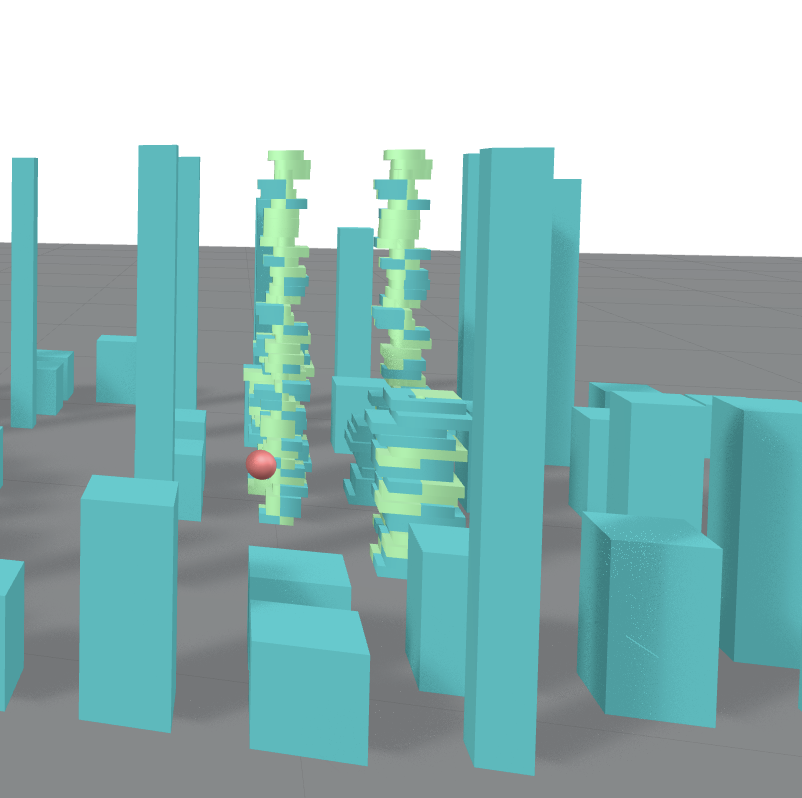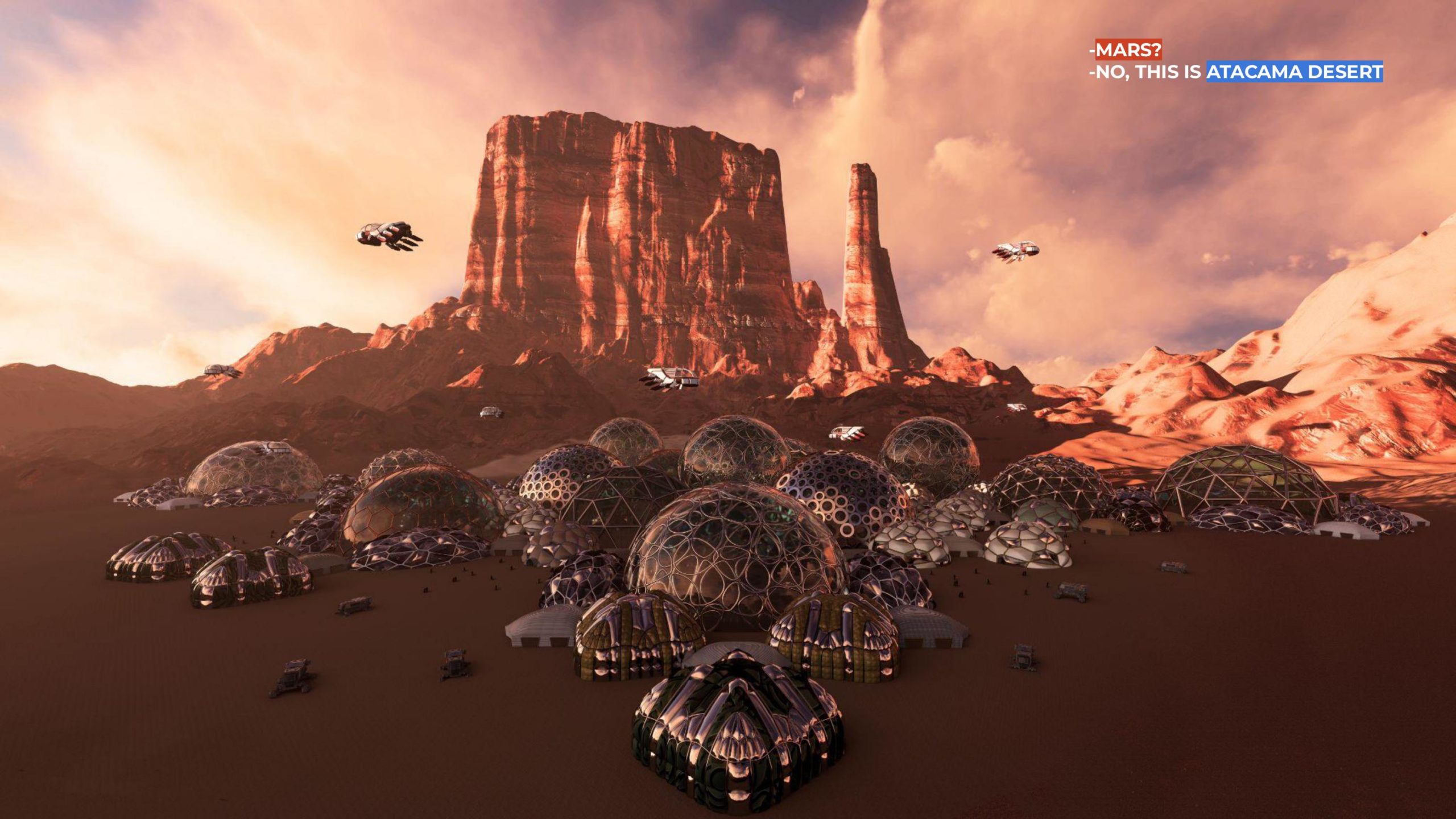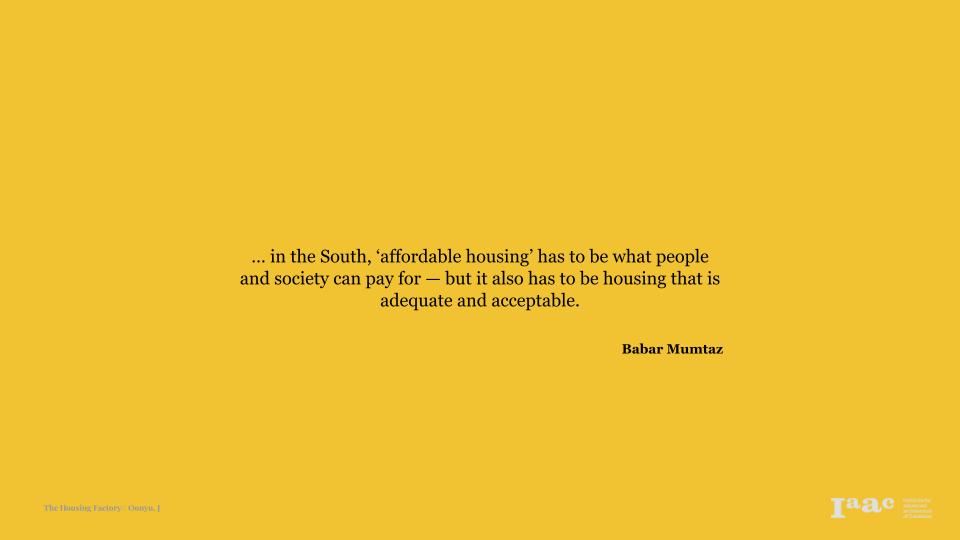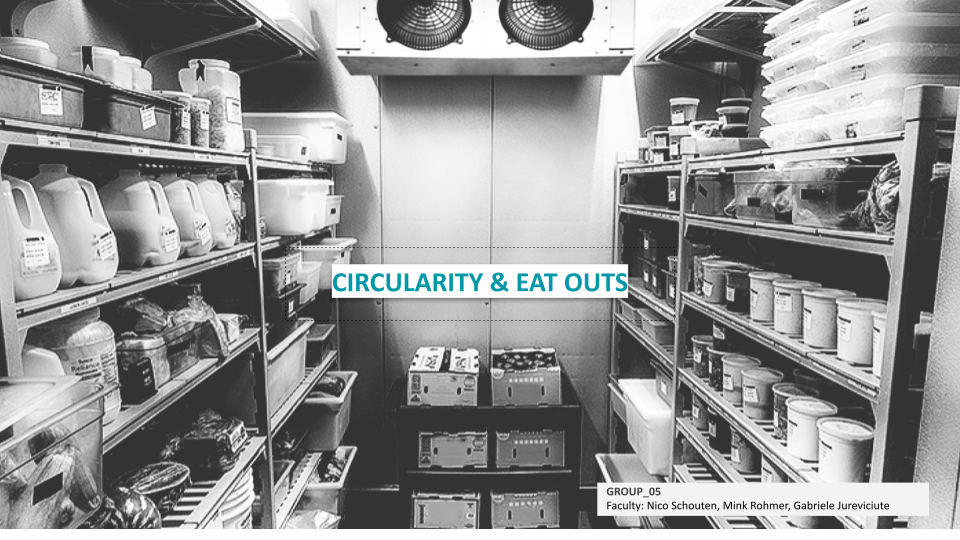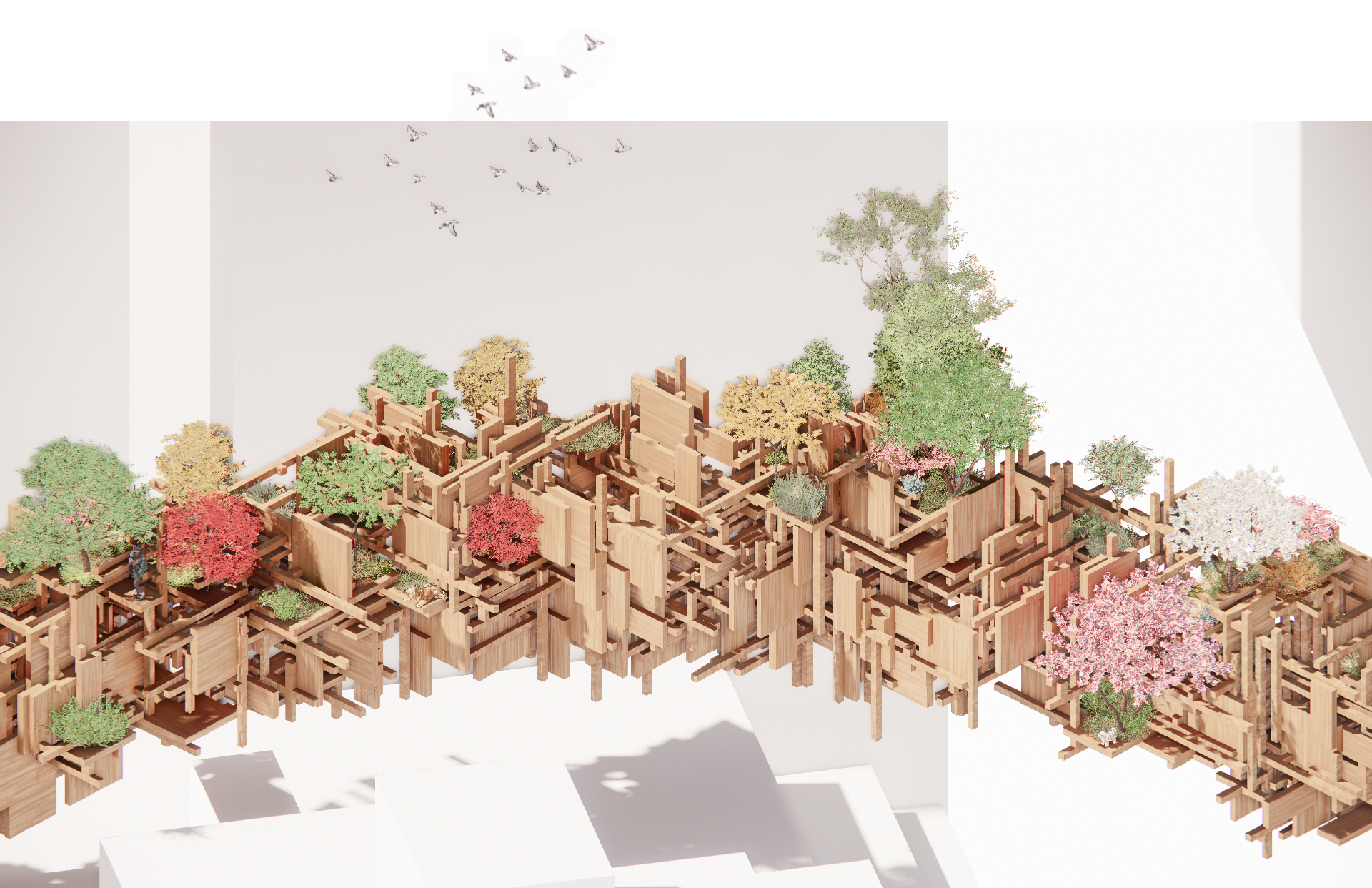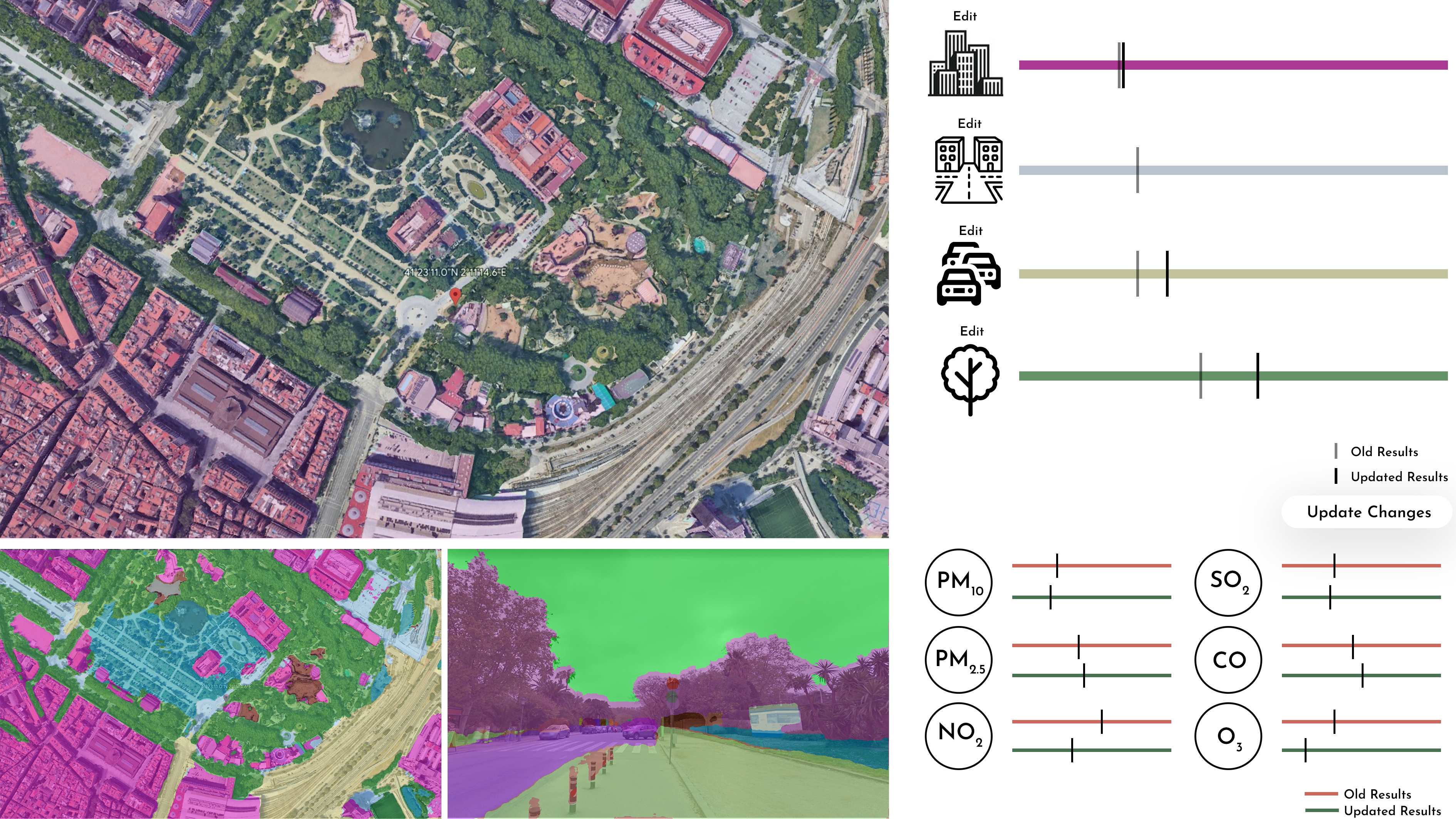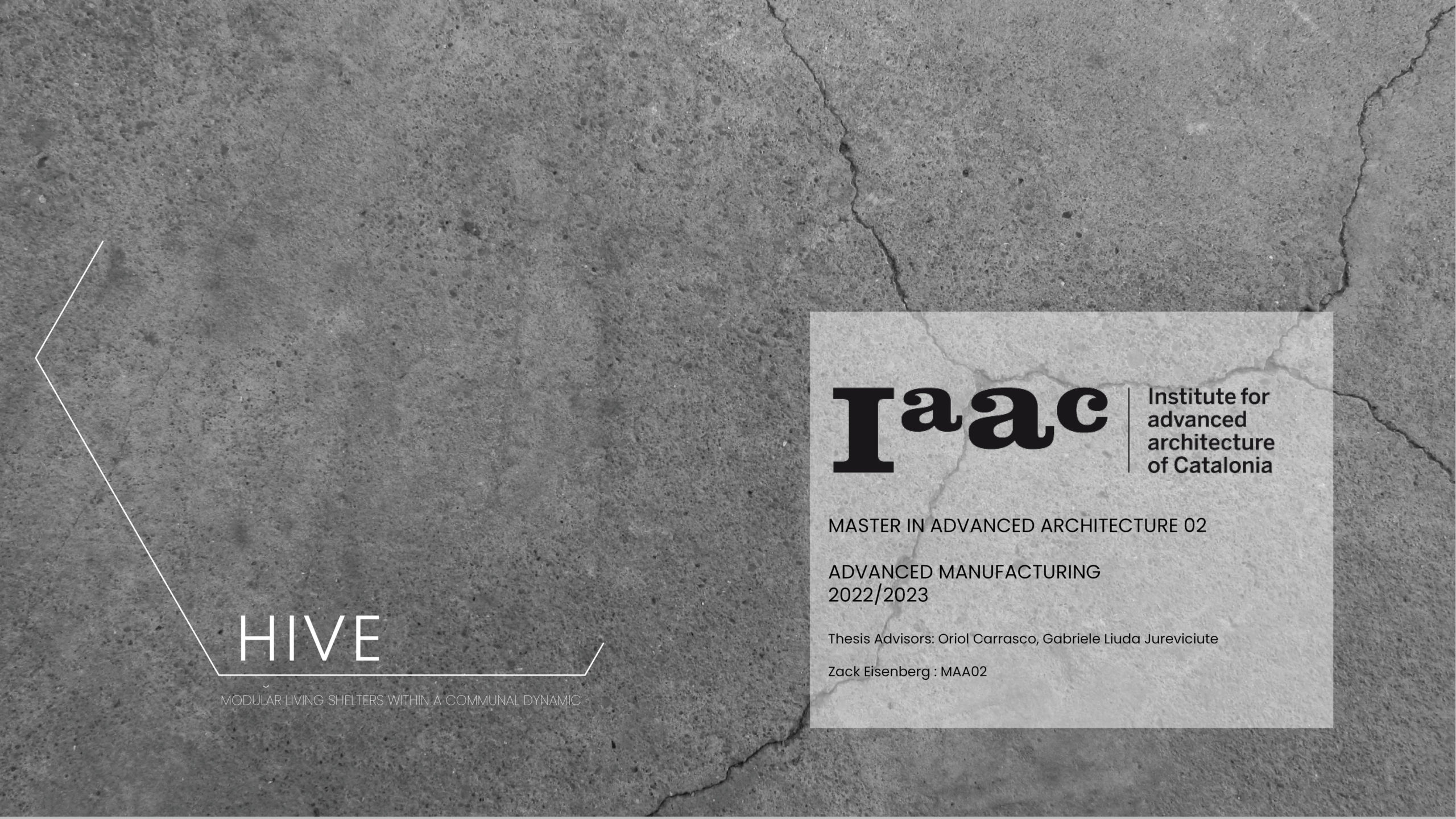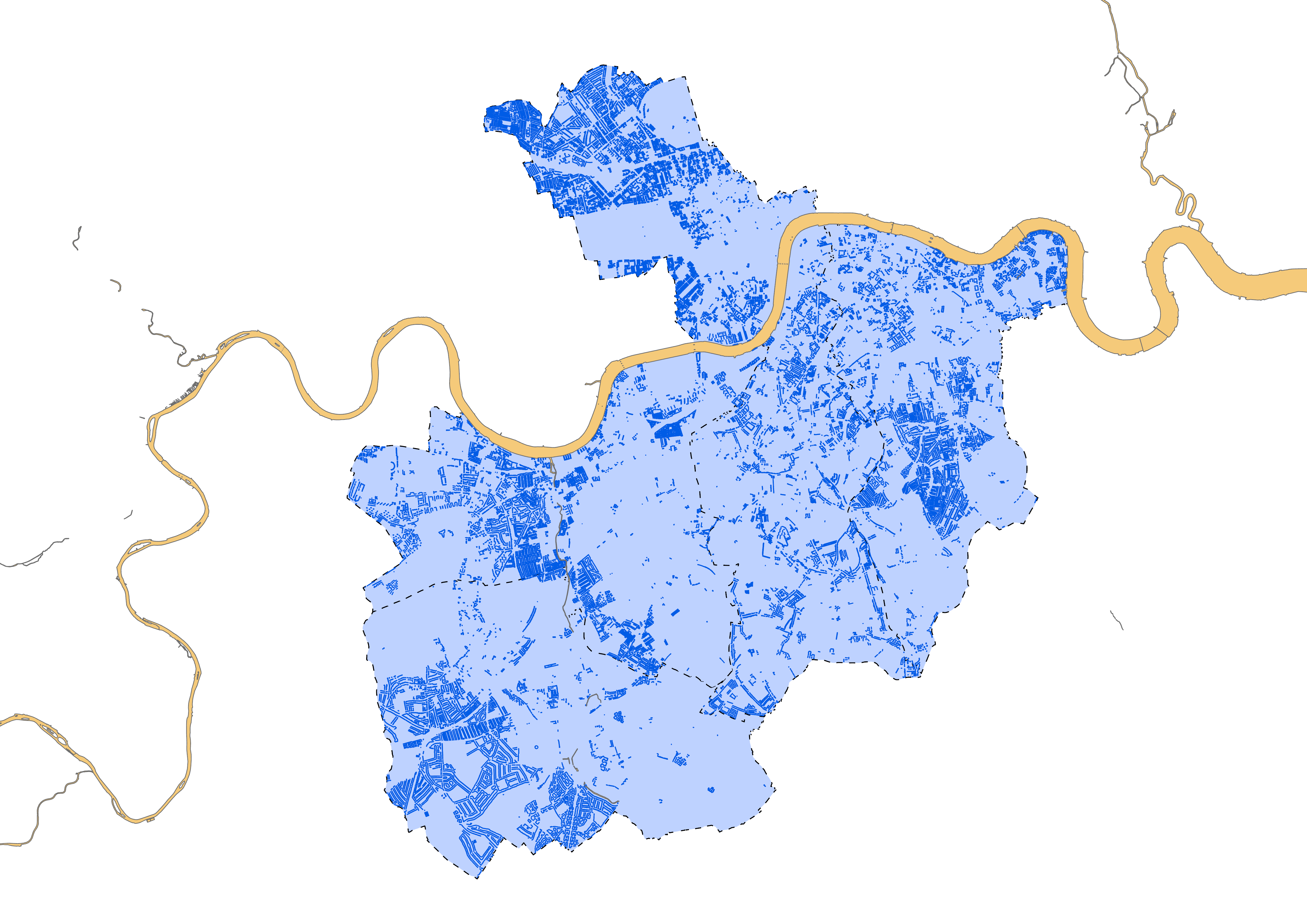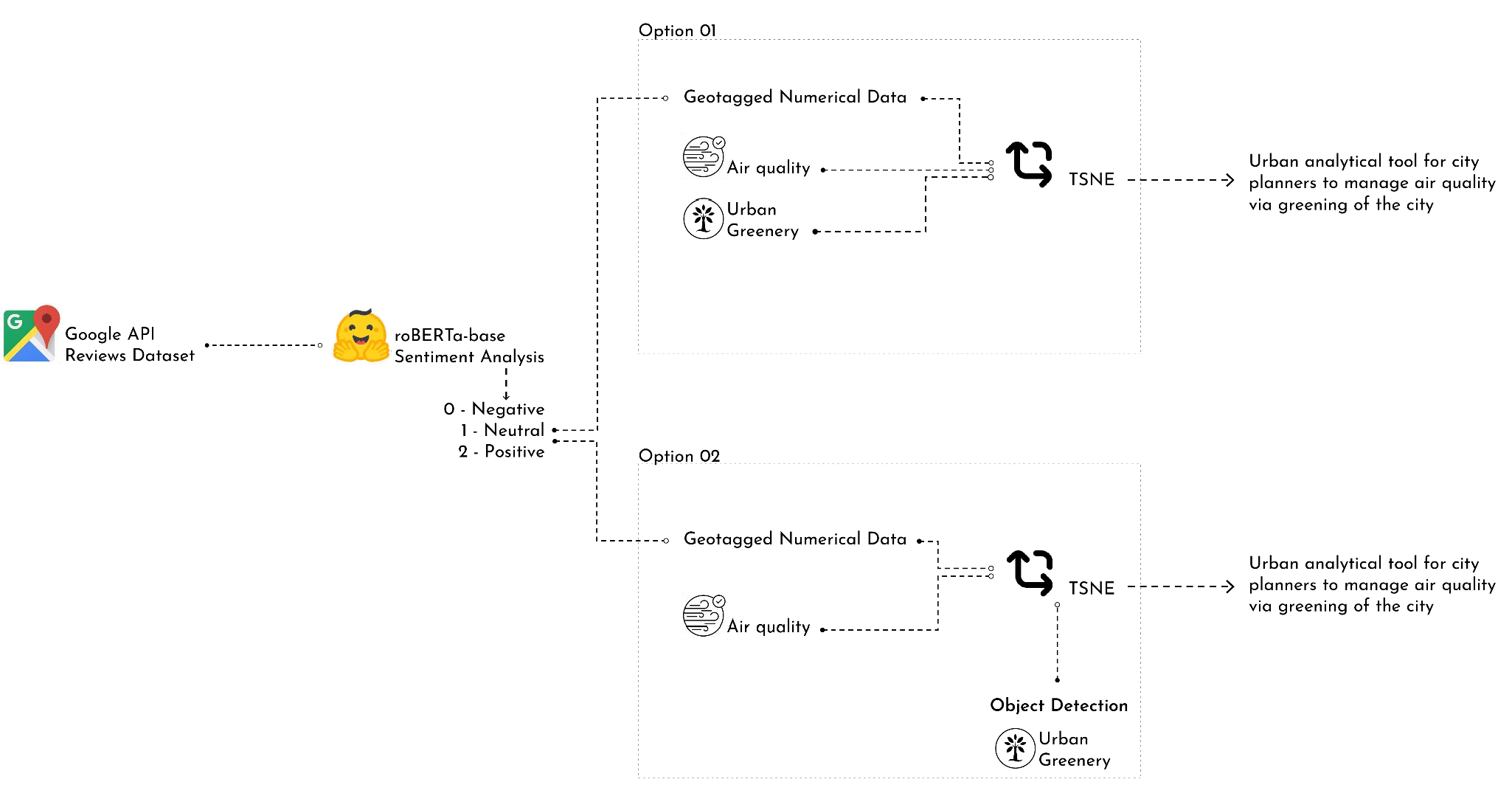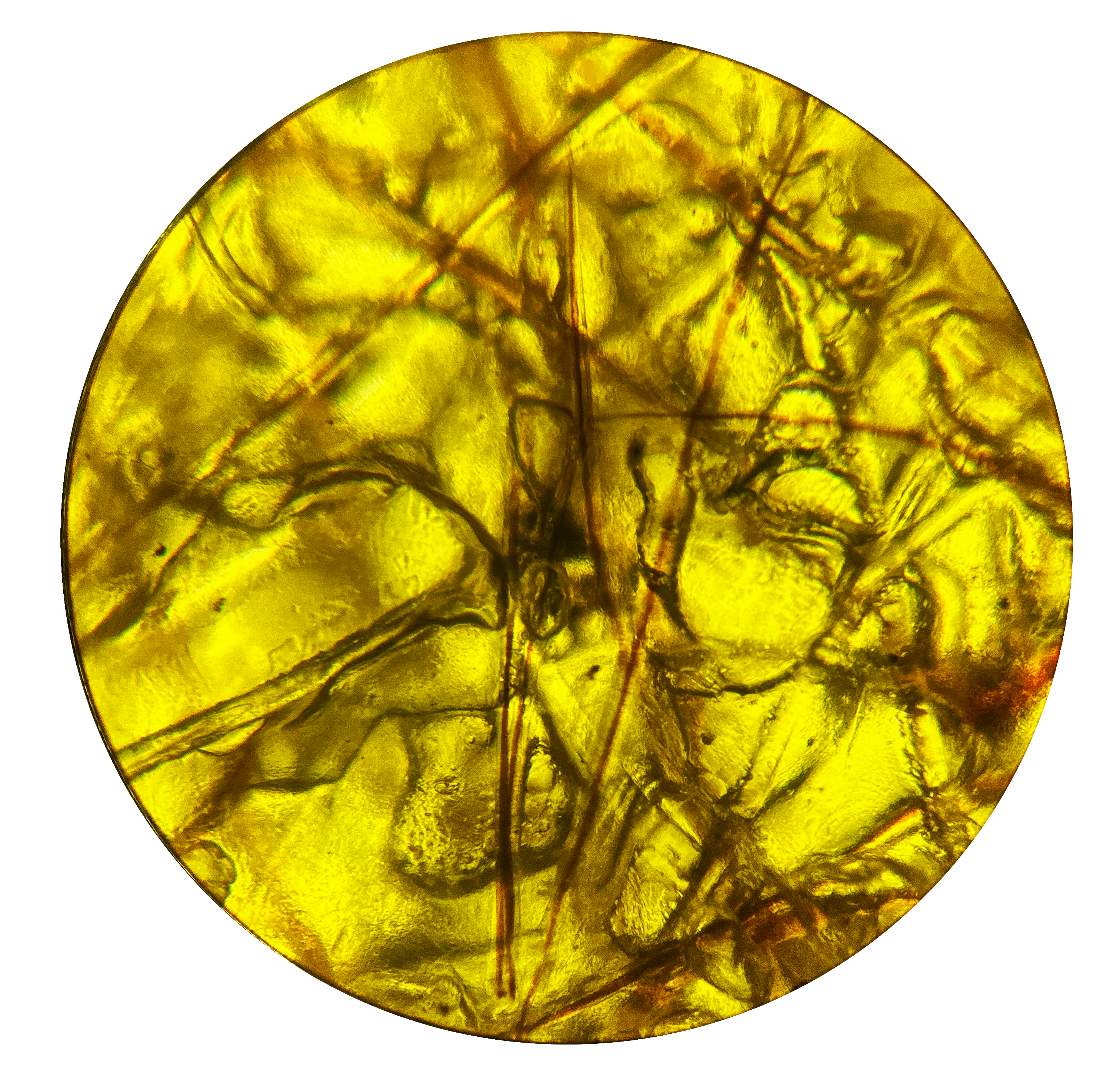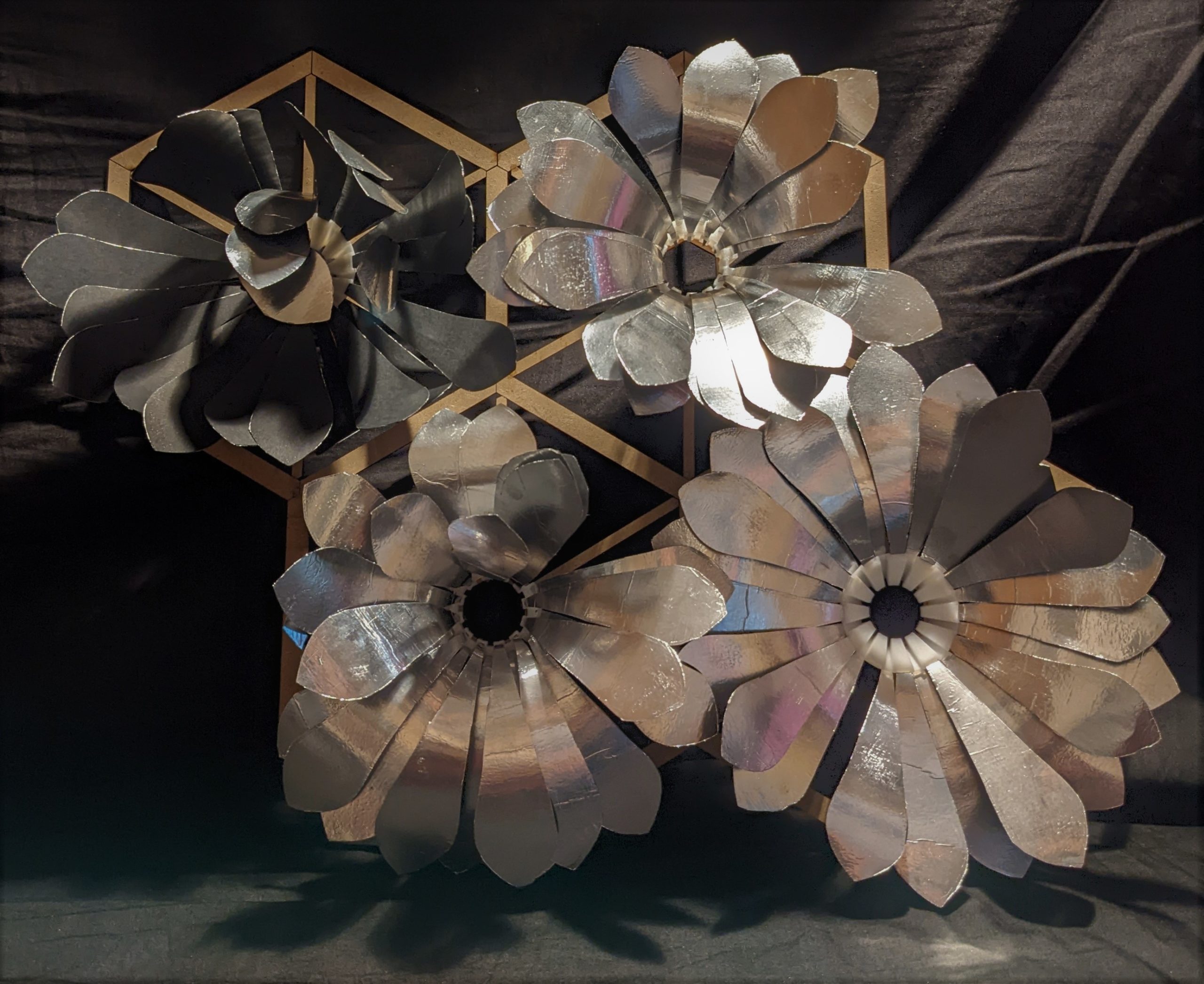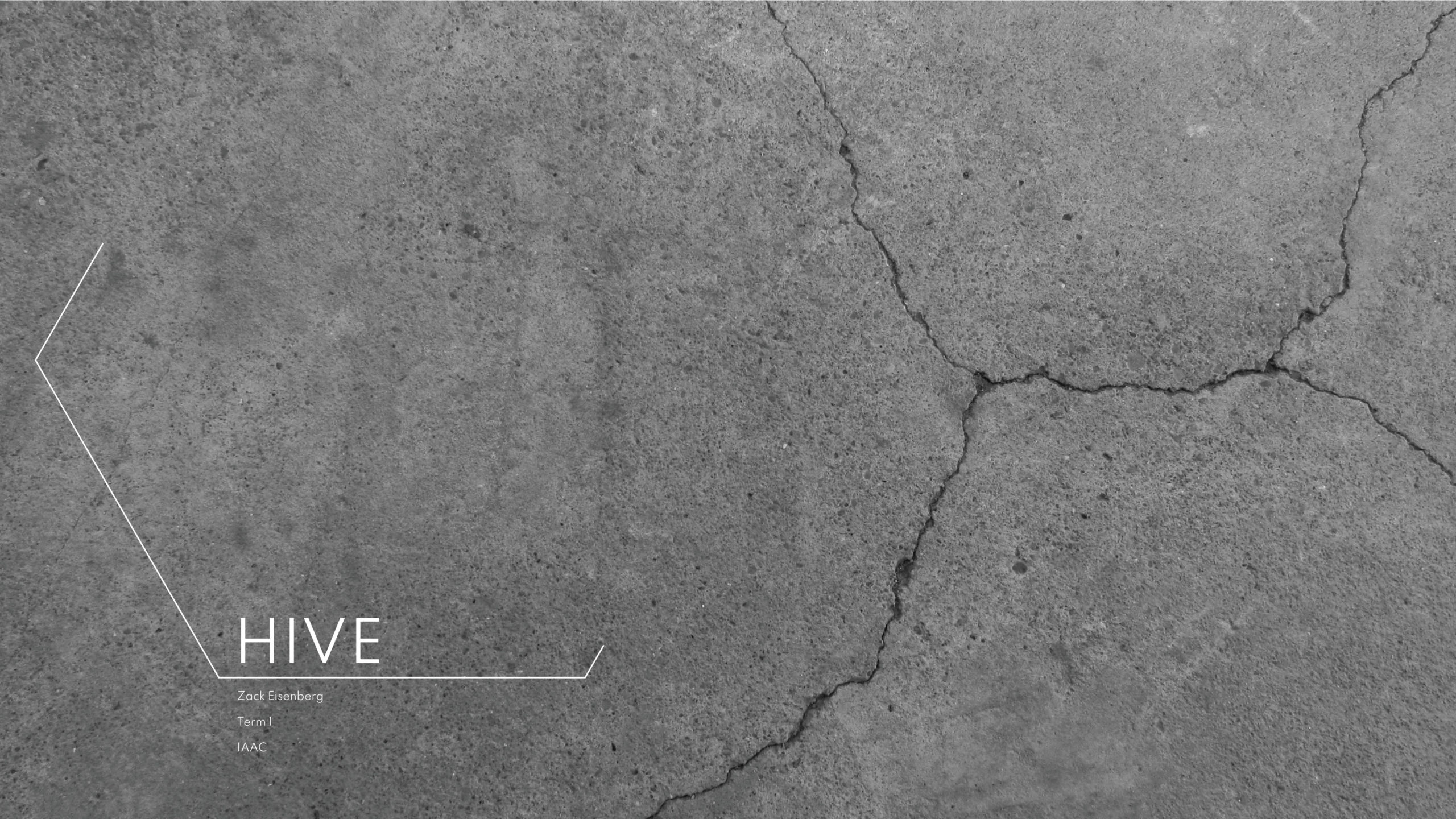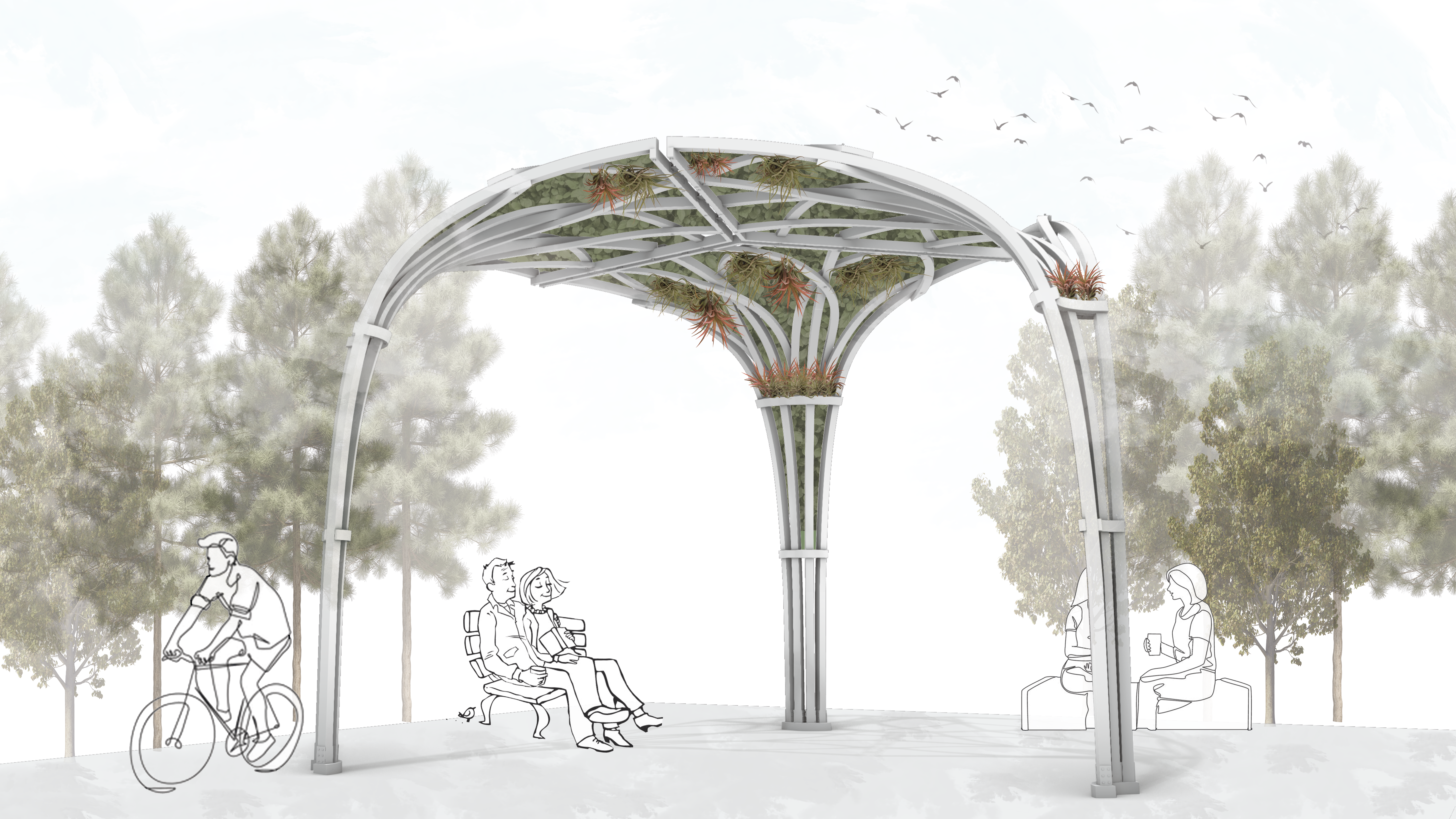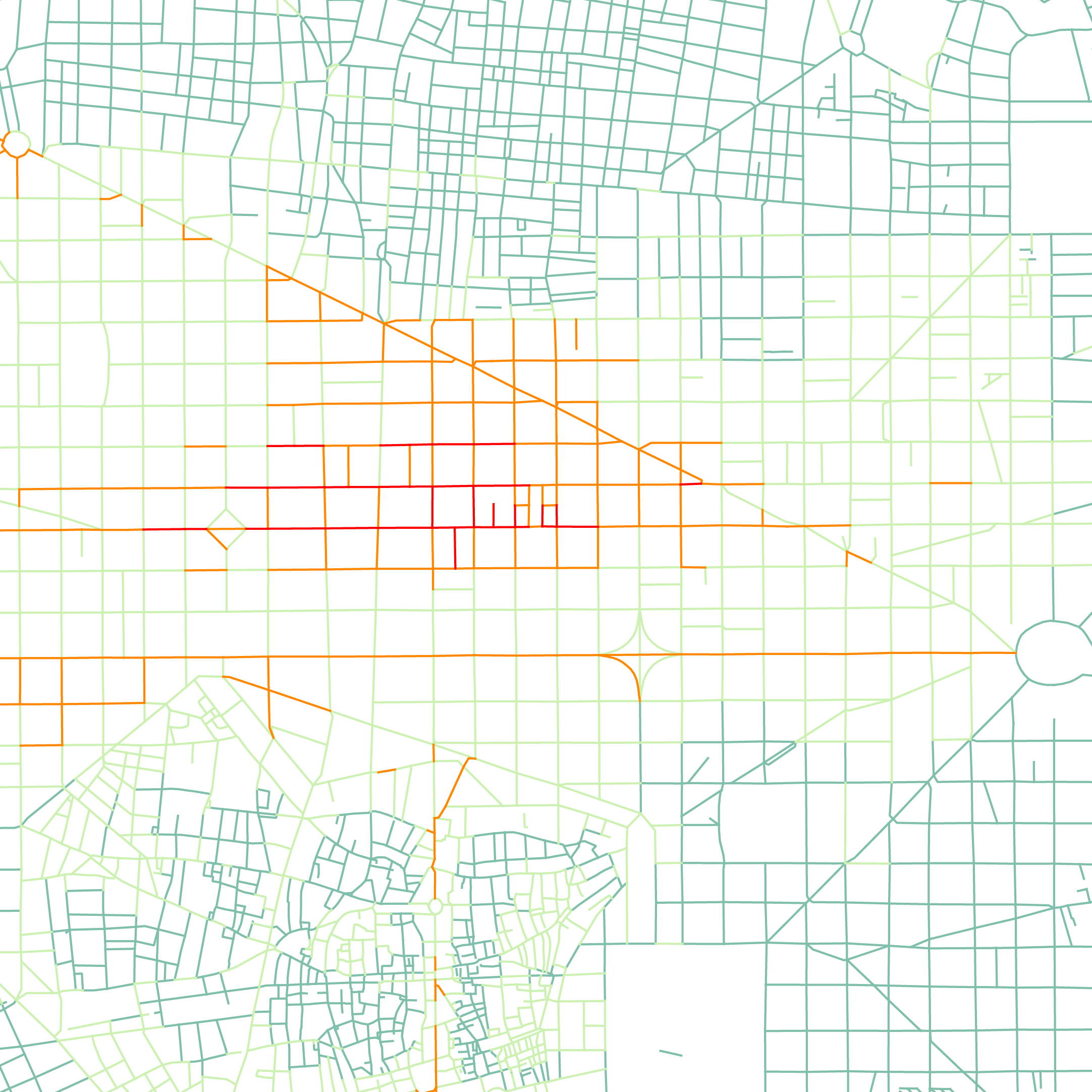During the second year of the Master in Advanced Architecture + Thesis Project (MAA02), students have the unique opportunity to work for a period of 1 year on an Individual Thesis Project, focused on the development of a research or pilot project based on the student’s interest, and the learnings of the first year. IAAC supports the student in selecting their Thesis Project topic in order to better orient them according to their future career interests and opportunities. Each student, according to their specific topic, is assigned one or more Thesis Advisors that follow the development of the work throughout the year.
In parallel to the development of the Individual Thesis Project, the second year of the MAA02 offers a series of seminars enhancing the theoretical, practical and computational skills of the students.
from Earthly Trials to Martian Triumphs
“from Earthly Trials to Martian Triumphs” explores ways to create a sustainable and self-sufficient architecture for uninhabitable spaces on Earth that can adapt, develop, and learn from itself over a long period of time, as a Mars simulation project. This will involve investigating comparative planetology, considering possible challenges of Mars, identifying safe and similar sites … Read more
The Housing Factory
The Housing Challenge in Sub Saharan Africa In most sub saharan countries, a case of uganda; despite the challenges with informality, this sector provides housing to over 60% of the urban population with the “tenement” as the most common housing typology. Part of the housing challenge stems from the evolution of housing policy in Uganda … Read more
Metro.Morphosis
Embarking on a project set within the bustling cityscape of New York, we aimed to unveil latent development potentials in urban spaces. Bulk, or the capacity for expansion or extension of a structure within the constraints of zoning laws and local regulations, harbors unexplored opportunities. Often, significant development potential lies hidden within existing building envelopes, … Read more
Strata – Green
Context 1 (2022) Europe’s air quality status 2022 [Preprint]. European Environment Agency. Available at: https://www.eea.europa.eu/publications/status-of-air-quality-in-Europe-2022/europes-air-quality-status-2022 2 WHO global air quality guidelines. Particulate matter (PM2.5 and PM10), ozone, nitrogen dioxide, sulfur dioxide and carbon monoxide. Geneva: World Health Organization; 2021. Licence: CC?BYNCSA?3.0?IGO Problem Statement Urban designers and city planners are not able to predict the impact … Read more
Morph_Designer
Morph_Designer is a project that researches the potential of available building footprint morphological data, and how this can become a design-aid tool in architectural practices, aiming to give a new scope of data driven design that can be used globally. “Architecture and the city are mutually constitutive, each influencing and shaping the other in a … Read more
AI in the Built Environment | Urban Analytical Tool for Greening the City
Juan is a young professional living in a narrow street in Barcelona and he describes the street he lives in as a concrete hell. How air quality and greenery impact the experience, how a citizen feels, about a public space? The result will be an urban analytical tool for the city planners to manage air … Read more
AIReclaim
AIR COMFORT The air comfort depends on the gases and particulate matters in the air. The gases consist of nitrogen dioxide, carbon monoxide, sulphur dioxide and ozone. As well as the gases there are particulate matters in air which are categorised depending on their diameter. The main categories are the PM2.5 and PM10. In 2021 WHO … Read more
Hive
Zack Eisenberg : Advanced Architecture Teachers: Oriol Carrasco, Gabriele Liuda Research Framework
Tourism, Crime, & Urban Security
Urban Security & The Public Space of Foreigners Introduction: Is it safe to travel to Europe? Depends on who you ask, you might be told that your concern is almost a total nonsense, or be assured that it is a certain lost of phones and wallets. This is rendered by the fact that although the … Read more
AIReclaim
AIR COMFORT The air comfort depends on the gases and particulate matters in the air. The gases consist of nitrogen dioxide, carbon monoxide, sulphur dioxide and ozone. As well as the gases there are particulate matters in air which are categorised depending on their diameter. The main categories are the PM2.5 and PM10. In 2021 WHO … Read more
UDesign
Framework The CoP-CITIES is put forward to foster the engagement of a wide range of stakeholders, from ‘traditional’ ones to urban communities. In combination with top-down approach to urban policy, co-creation gives citizens, local officials, researchers and the private sector an equal say in the decision-making process. Fundamentally, the CoP-CITIES aims to be instrumental for … Read more

